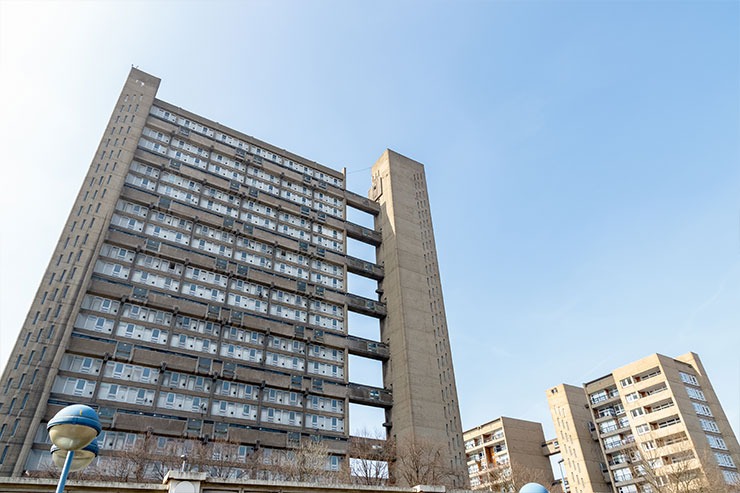- Accessibility
- Request a Call Back
- Quick Drop CV
- Submit Timesheet
- About Us
- For Candidates
- For Clients
- News & Views
- Events

Housing Association mega mergers have been gathering pace for a while now.
Since the merger talks of social housing landlords L&Q, Hyde Group & East Thames to create the fourth largest house builder, questions have been raised as to whether mega mergers will mean the loss of social purpose in housing.
The L&Q, Hyde Group & East Thames merger will have a turnover of £1.1bn, a book value of more than £30bn and own 135,000 homes, more than 5% of the English housing association sector’s stock. And they’ve pledged to build 100,000 new homes, 35,000 more than they could have achieved alone.
We’ve also just witnessed a breakdown in talks between Sanctuary and Housing and Care 21. When it was all looking so good their differences in the end could not be resolved, causing the withdrawal of one party, and culture was the reason reported.
Social purpose and culture; two strong drivers, difficult to negotiate and hard to compromise on.
The ratio of input to output
But is bigger better? The impetus for such mergers comes from new Government legislation around, welfare reform, extended Right-to-Buy, rent cuts and a requirement to build more homes. To fund this housing associations need efficiency savings that can be gained from their back office, IT and procurement functions. Mergers of this scale can deliver savings in millions. But as with all enterprise it needs to regenerate and this has not really happened since the move away from council housing in the 80’s.
Being larger is not about being better but being able to be more productive with greater output, and larger organisations believe they can increase their capacity. Being larger can improve borrowing capacity too and large scale build-to-rent projects need access to funds.
Housing Associations are increasingly dependent on profits from mixed housing sales; shared ownership, housing fixed assets, right to buy (RTB) or right to acquire, and open market sales. This enterprise based income represents more than a third of their surplus.
If newly merged organisations are focused on house building and income maximisation, then it’s easy to see how social mission and culture could get lost?
Without doubt social housing has been left high and dry by Government policy and it must find and fund its own way through, not just to survive, but also to thrive, remembering that surplus in the non-profit organisation goes on to fund more homes for more people.
Resource, people and money
In the L&Q, Hyde Group & East Thames merger they will set aside £250m for community investment projects and £5m a year to create an academy scheme which will offer training and career development for staff and residents, no lacking of social mission here.
To regenerate the new organisation will need skilled labour and new talent to deliver the promised output.
Change is both challenging and uncomfortable and is resisted because it can hurt. It is also very difficult to do solely with the existing workforce, a diverse mix of skills and experience is required who on the one hand can challenge the status quo and on the other can understand the context of change within the organisation, and this is where culture can be a stumbling block.
Experience from outside of the industry can add impetus to new ways of doing things but it needs a strong leader with a vision to navigate a way through the road blocks. A growing organisation is a great attraction for talent and if organisations continue to do what they’ve always done, in the way that they’ve always done it they will move no further forwards.
Last year L&Q, the largest of the three newly merged associations, had a surplus of circa £200m yet they invested £217m in new build for lettings, £184m in new build for sales and £57m in improving existing stock. Clearly a strong social mission here.
Who holds the power
The biggest challenge facing housing associations is cultural change in accepting that tweaking around the edges is unlikely to deliver what the government wants, the economy needs and communities rely upon. Their power lies within themselves, better to be in than out and better together even if the ‘cultural fit’ isn’t at the start a smooth cog in the gears of the newly formed organisation…this can be worked on over time but it’s not a reason to pull the plug.